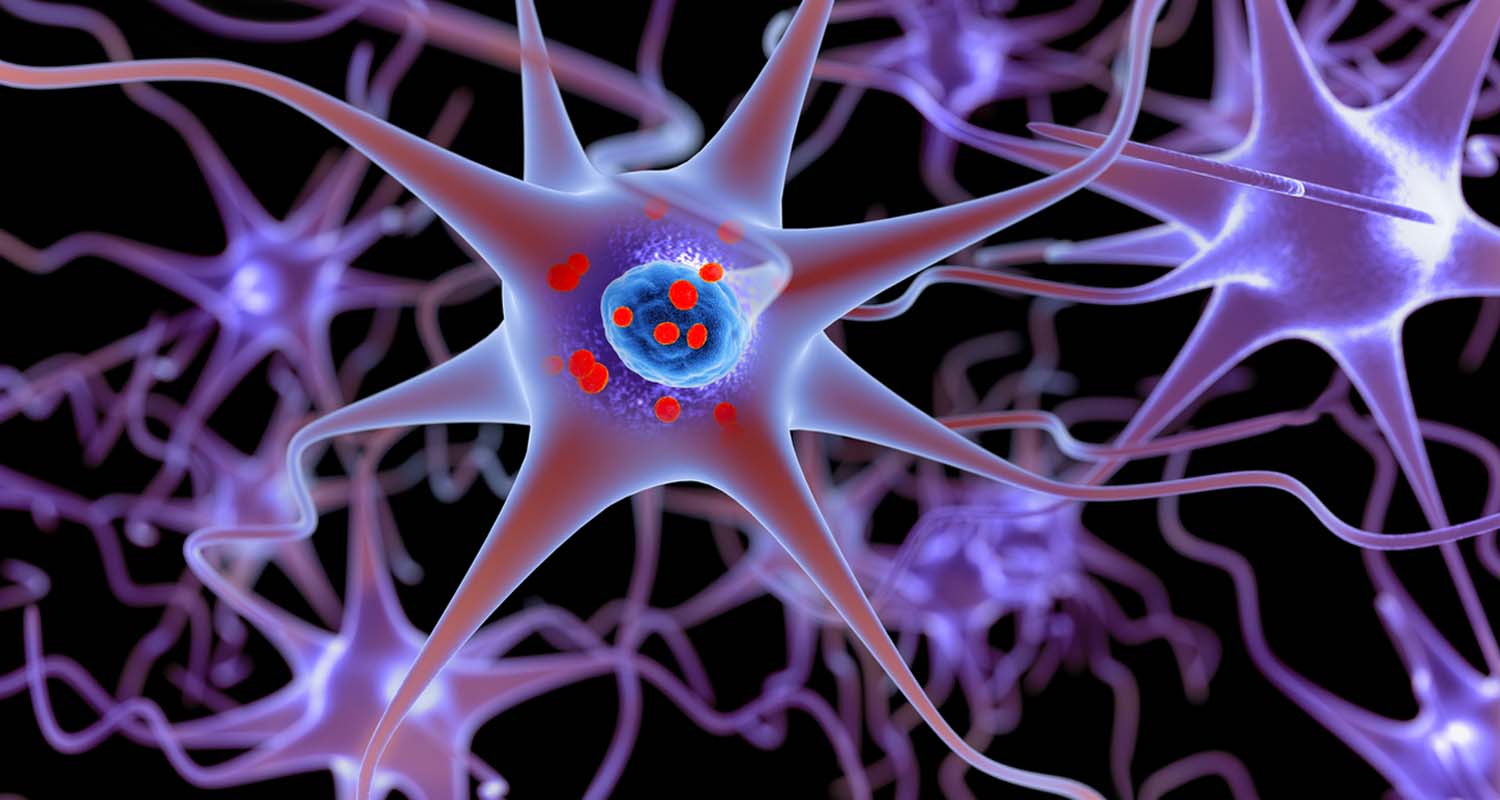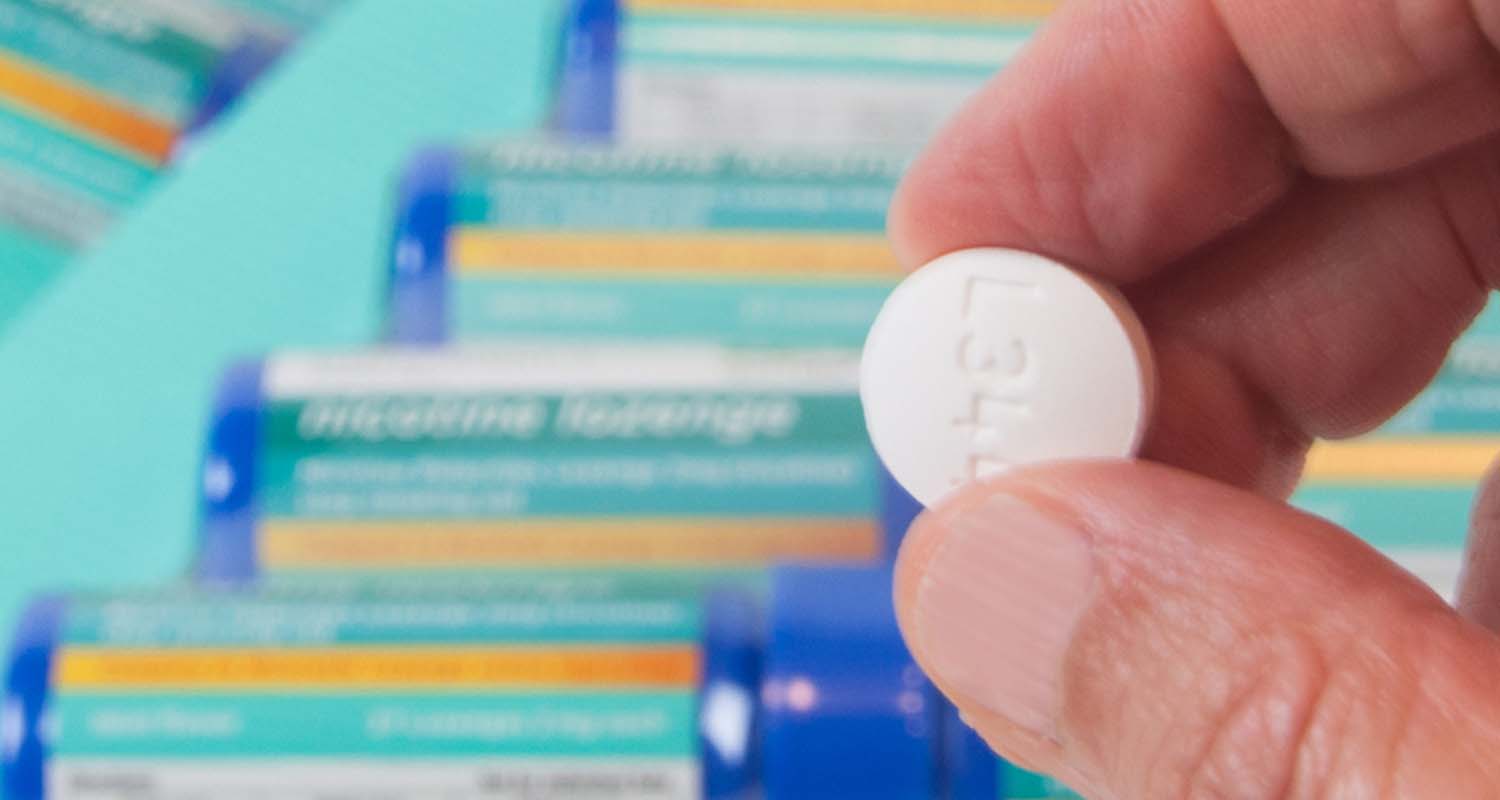Move over, kale smoothies. Chlorophyll detox water is the elixir everyone’s sipping these days. Chlorophyll — the molecule that gives plants their green color and aids in photosynthesis — is chock full of vitamins and nutrients, and helps rid the body of toxins. Here, the benefits of chlorophyll, plus, a chlorophyll detox water recipe.
Chlorophyll’s benefits
Why is every wellness junkie downing liquid chlorophyll? Studies find that chlorophyll supplementation naturally decreases hunger[ref url=”https://www.ncbi.nlm.nih.gov/pubmed/23632035″] and induces weight loss.[ref url=”https://www.ncbi.nlm.nih.gov/pubmed/24993695″] It’s also a terrific detoxifier because it promotes the production of liver enzymes that aid the body’s natural elimination process.[ref url=”https://www.ncbi.nlm.nih.gov/pubmed/7788866″] These enzymes bind to unwanted materials in the liver and transport them safely out of your body.
You can easily up your chlorophyll intake by consuming more green, leafy vegetables. Or you can add drops of liquid chlorophyll to water or smoothies. Make your own chlorophyll detox water with the simple recipe below. It’s so good, even your kids will drink it (especially if you tell them it’s mermaid juice.)
Chlorophyll Detox Water
Ingredients:
- 8 ounces Lemon FATWater
- 1 teaspoon liquid chlorophyll
- 1/2 teaspoon ginger powder
- 1 squeeze of fresh lemon juice
- *Pinch of salt
*Salt is to taste, as it gets rid of the “earthy” flavor of the chlorophyll.
Instructions:
- Mix all the ingredients together.
- Stir until the ginger powder and salt are dissolved.
- Top with ice and drink up!
Serves: 1
Nutrition Facts (Per Serving):
- Calories: 11
- Carbs: 1g
- Fat: 1g
- Protein: 0g
- Sodium: 1g
- Sugar: 1g



